The Universal probability bound And The Infinite Monkey Theorem
Category: Literature
Date: April 2024
Views: 1.62K
You Can Read this Article in Original Arabic يمكنك قراءة هذا المقال بالعربية
Introduction:
In the annals of scientific inquiry, one of the most intriguing questions pertains to the role of chance versus design in shaping the cosmos. At the heart of this discourse lies the concept of the universal probability bound, a theoretical construct proposed by William Dembski. This bound delineates the threshold beyond which events are deemed statistically improbable within the constraints of the universe's fundamental constants.
Let’s do some Maths:
the number of subatomic particles in the universe is estimated to be 10^80 particle
the smallest fraction of time is Planck time is (roughly) 10^-45 second. So we can say without doubt that the greatest number of interactions per second is 10^45 interaction.
The age of the universe is 13.7 x 10^9 years, so we can say that the longest period of time in which a number of events (interactions) can occur is 10^25 second.
10^80 x 10^45 x 10^25 = 10^150.
10^150 represents the maximum number of events occurring in the whole universe since the beginning of time and any probability smaller than 10^-150 is thusly considered equal to zero and its random event is considered impossible to happen.
Experience: The infinite Monkey Theorem:
10^80 monkeys typing in keyboards with a rate of 10^45 keystroke per second, and these monkeys keep typing for 10^25 seconds (more than 3.16 x 10^17 years) this period of time is greater than the age of the universe!
The number of keystrokes is 10^150.
Let’s calculate the probability to type a poem of 400 letters.
Let’s make it easier for these immortal monkeys and consider the keyboard consists of 26 keys (ignoring punctuation and spacing).
When events are independent, the probability of them all happening is the product of the individual probabilities multiplied together.
Think of it this way, to type the word “physics”
The probability to type “p” is 1 out of 26, the probability to type the next letter “h” is the same 1/26 and so on till the 7th letter in the word “physics”.
Therefore the probability to type the word “physics” is :
(1/26) x (1/26) x (1/26) x (1/26) x (1/26) x (1/26) x (1/26) or (1/26) ^7
the probability to type 400 letters is (1/26) ^400.
Which means that the monkeys need to type 26^400 letters to produce a single instance of this poem!!
For the sake of simplicity let’s make it only 10^400.
The probability, these monkeys succeed in producing the poem is:
(10^150) / (10^400) = 10^-250
which is largely smaller than the universal probability bound!
This example shows that it is impossible to randomly produce a small 400 letters poem (forget about a single DNA molecule that contains more than 140 Billion atoms). How can we say lightly that this universe is the result of chance, or is it the luckiest unverse where all parametters are just right for life to bloom. As we deepen our understanding of the universe, we realise that it is well designed by the Creator, God Almighty. If we forsake the western materialistic view of the universe, we will in no way hinder scientific inquiry, we will not deny the laws of physics. the only thing added to the mix is our faith.
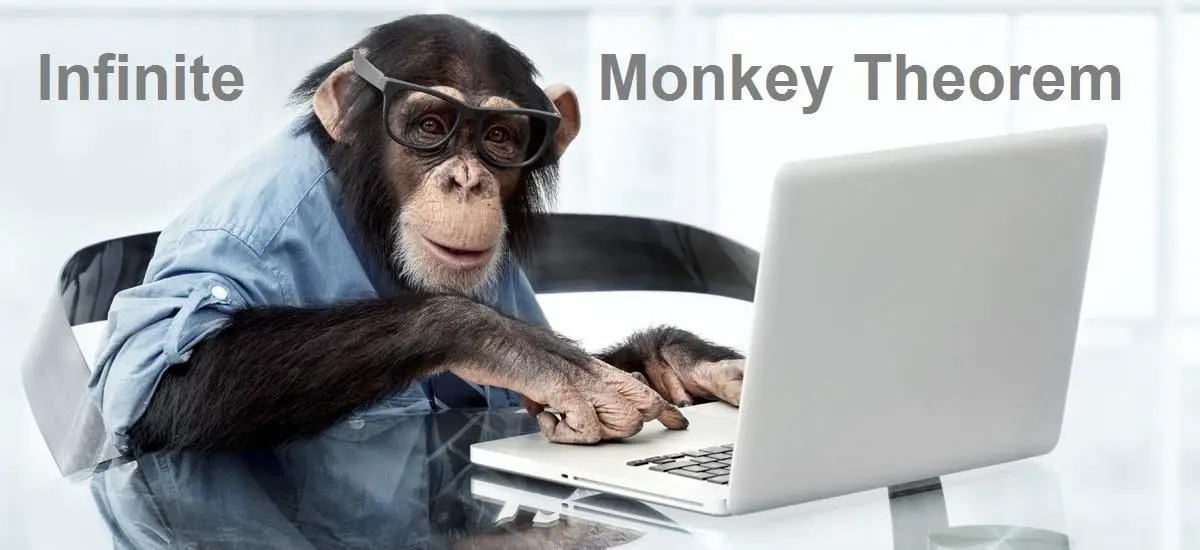
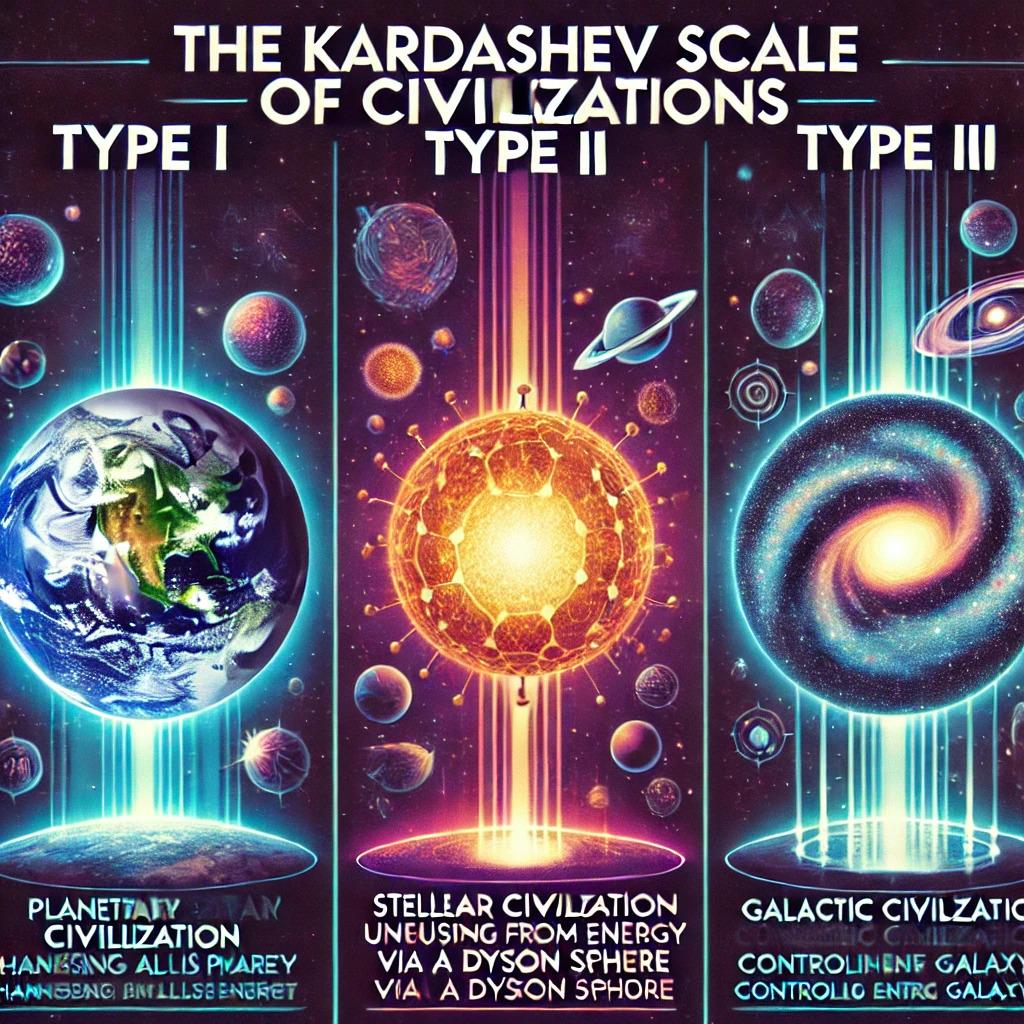

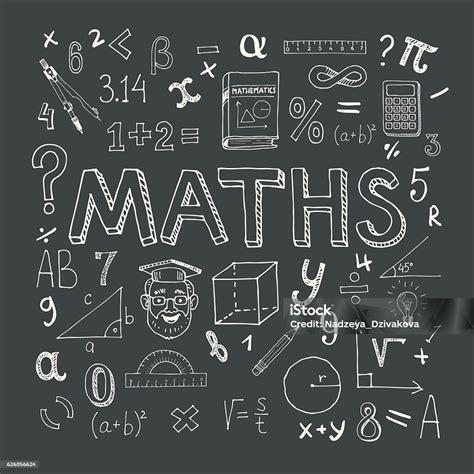

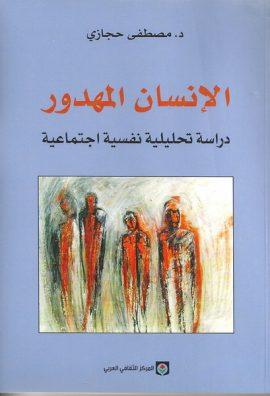









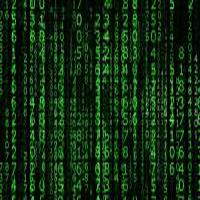



0 Comments, latest